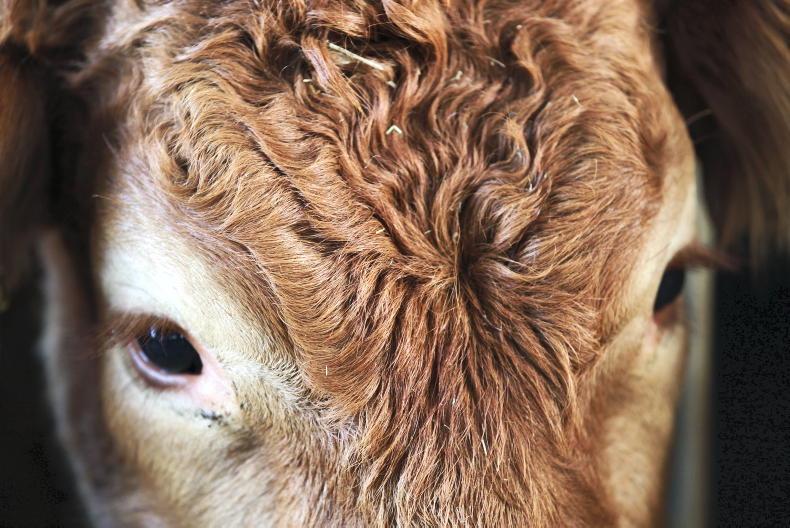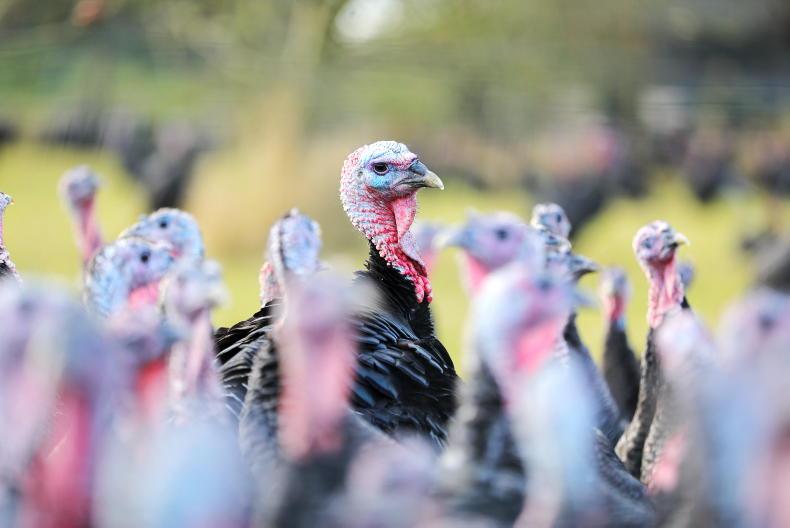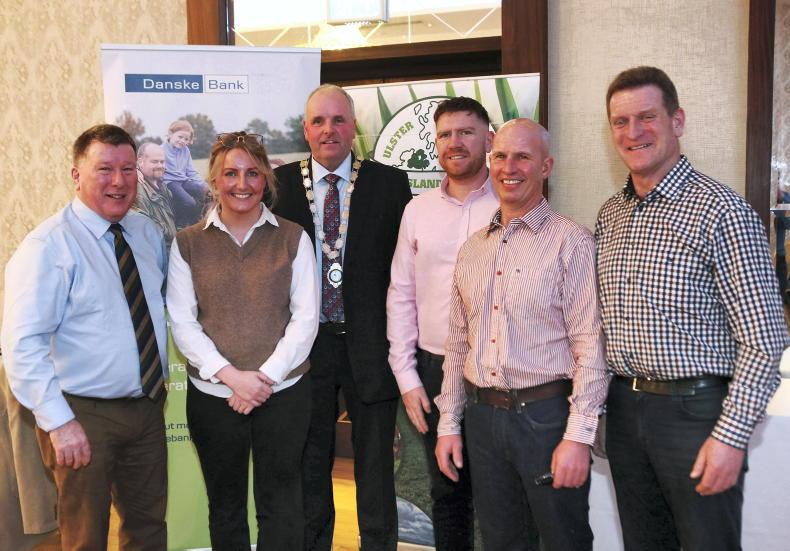The ongoing shortage of eggs in supermarkets across the UK has shone a spotlight on the dire financial situation egg producers are facing.
Figures from the British Free Range Egg Producers’ Association show that their members are losing 30p per dozen when all costs are accounted for.
The group state that 743,000 laying birds have been lost in the UK since 1 October, which comes after 1.8m layers were lost in the previous season.
While outbreaks of avian influenza are responsible for some of the reduction, producers are clear that unsustainable eggs prices are the main reason for supply shortages.
Tesco has become the latest supermarket chain to ration the number of eggs that customers can purchase.
The UK’s largest retailer is now limiting customers to three boxes each, which follows similar measures introduced by Asda and Lidl last week.
The National Farmers’ Union (NFU) is calling on the UK government to use emergency powers that are set out in the UK’s post-Brexit Agriculture Act to introduce support for egg producers.
Under the legislation, the UK government can declare “exceptional market conditions” if there is “severe disturbance in agricultural markets”. This then allows the Secretary of State at Defra to roll out financial assistance to the affected farmers.
“It is critical that Defra acts now to investigate the issues in the egg supply chain so that any declaration under section 20 can be made as soon as possible,” said NFU president Minette Batters.
Bird flu
Meanwhile, more avian influenza cases have been reported across the UK and Ireland, including a second outbreak in Co Monaghan.
The highly pathogenic H5N1 strain of the disease was confirmed at a turkey farm near Clones, which means a 3km protection zone and a 10km surveillance zone both fall into Co Fermanagh.
It follows on from a H5N1 outbreak in a turkey unit in the same area of Co Monaghan last week, which also led to control zones being extended to NI.









SHARING OPTIONS